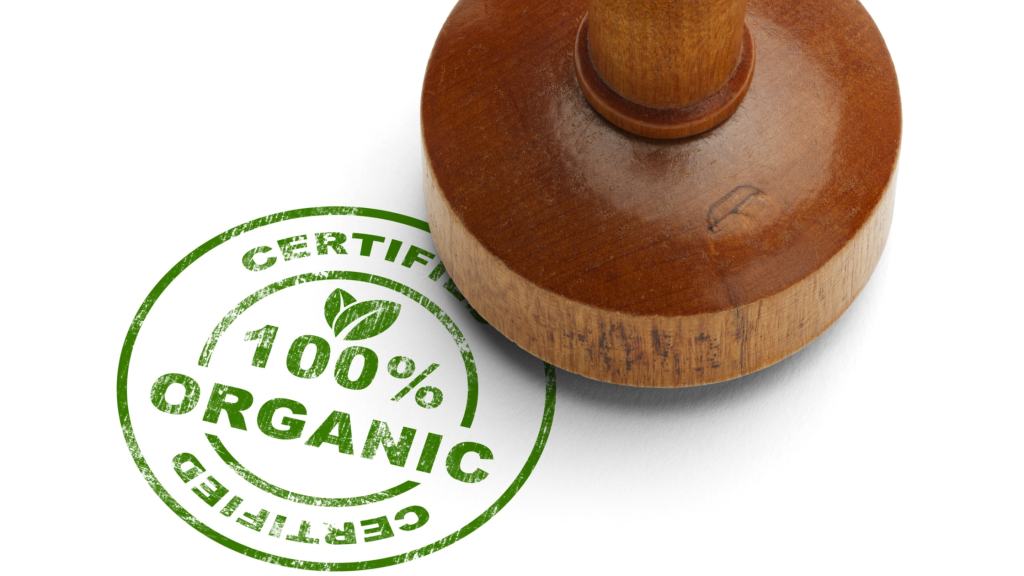Organic Certification Costs: Is it Worth the Investment?
In recent years, there has been a growing interest in organic farming and homesteading. As more people become aware of the potential health and environmental benefits of consuming organically grown produce, the demand for organic products continues to rise. However, obtaining organic certification can be a significant investment for farmers and homesteaders. In this article, we will explore the costs associated with organic certification and whether it is worth the investment.
To understand the expenses involved in becoming certified organic, let’s first delve into what certification entails. Organic certification is a process through which farmers demonstrate their adherence to specific standards set by governmental or non-governmental organizations. These standards vary depending on the country or region but generally include guidelines related to soil quality, pest control methods, use of synthetic chemicals and fertilizers, animal welfare practices (if applicable), and record-keeping procedures.
The cost of organic certification varies greatly depending on several factors such as farm size, type of operation (crop production or livestock), location, certifying agency fees, inspection fees, and documentation requirements. Let’s break down these elements further:
1. Certifying Agency Fees: Farmers must pay an annual fee to a certifying agency accredited by their country’s regulatory body. The fee covers administrative costs associated with reviewing applications, conducting inspections, maintaining records, and granting or renewing certifications.
2. Inspection Fees: Inspections are a crucial part of the certification process as they allow certifiers to verify that farms comply with organic standards. Farmers are responsible for covering these inspection-related expenses such as travel costs for inspectors.
3. Documentation Requirements: Certified producers must maintain detailed records documenting their practices according to required standards. This includes keeping track of seed purchases, crop rotations schedules (if applicable), inputs used like fertilizers or pest control products (approved under organic regulations), veterinary treatments (for livestock operations), among other things. Maintaining accurate records can be time-consuming and may require additional labor or administrative support.
4. Training and Education: Transitioning to organic farming often requires significant knowledge and understanding of organic practices. Farmers may need to invest in training programs, workshops, or educational materials to learn about organic production methods. These costs can vary widely depending on the level of expertise already possessed by the farmer.
5. Farm Infrastructure: In some cases, farmers might need to make infrastructure changes or investments to meet organic certification requirements. For example, installing specific irrigation systems, constructing animal welfare-friendly facilities (if applicable), or creating separate storage areas for conventional and organic inputs.
Considering these factors, it is evident that obtaining organic certification comes with a financial commitment. The cost can range from a few hundred dollars for small-scale operations up to several thousand dollars for larger farms requiring extensive inspections and documentation. Additionally, the annual fees associated with maintaining certification must also be factored into the overall cost.
While these expenses may seem daunting at first glance, it is crucial to assess the potential benefits that come with being certified organic:
1. Market Access: Organic certification provides access to niche markets where consumers are willing to pay premium prices for organically produced goods. By becoming certified, farmers gain credibility and assurance that their products meet strict standards which appeal to health-conscious consumers seeking ethically-produced food options.
2. Increased Profit Margins: Due to higher demand and limited supply compared to conventionally grown produce, prices for organic products tend to be higher in many markets. This premium pricing allows farmers who have invested in obtaining certification an opportunity for increased profit margins compared to selling conventionally grown goods.
3. Environmental Conservation: Organic farming practices emphasize soil health through natural fertilization methods like composting or crop rotation instead of relying on synthetic chemicals harmful both for human consumption and environmental impact. By adopting sustainable techniques encouraged by organic regulations, growers contribute positively towards preserving biodiversity and reducing pollution levels in their surroundings.
4. Personal Satisfaction: For many farmers and homesteaders, the decision to pursue organic certification goes beyond monetary gains. It is a reflection of their values and commitment to sustainable agriculture, environmental stewardship, and providing healthier food options for their communities.
Ultimately, whether the investment in organic certification is worth it depends on individual circumstances such as financial capacity, market demand, personal goals, and values. Before embarking on the certification process, it is essential to conduct thorough research and consider these factors carefully.
To mitigate costs associated with organic certification:
1. Start Small: Consider focusing on specific crops or products that have higher market demand for organically grown alternatives rather than transitioning your entire operation at once.
2. Seek Financial Assistance: Look for grants or funding opportunities available through governmental agencies or non-profit organizations that support sustainable farming practices.
3. Collaborate with Other Farmers: Sharing expenses related to inspections or documentation requirements by forming cooperative groups can help reduce individual costs for each member involved in obtaining organic certification.
4. Explore Alternative Certification Programs: Some regions offer group certifications or simplified certifications tailored for small-scale operations that may have lower fees compared to traditional certification programs.
In conclusion, while there are undoubtedly costs associated with obtaining organic certification, the potential benefits make it a worthwhile investment for many farmers and homesteaders who prioritize sustainability and market access to health-conscious consumers seeking ethically-produced food options. By carefully assessing your own goals and resources available while exploring cost-saving strategies mentioned above, you can make an informed decision about whether pursuing organic certification aligns with your vision for your farm or homestead.


Leave a comment